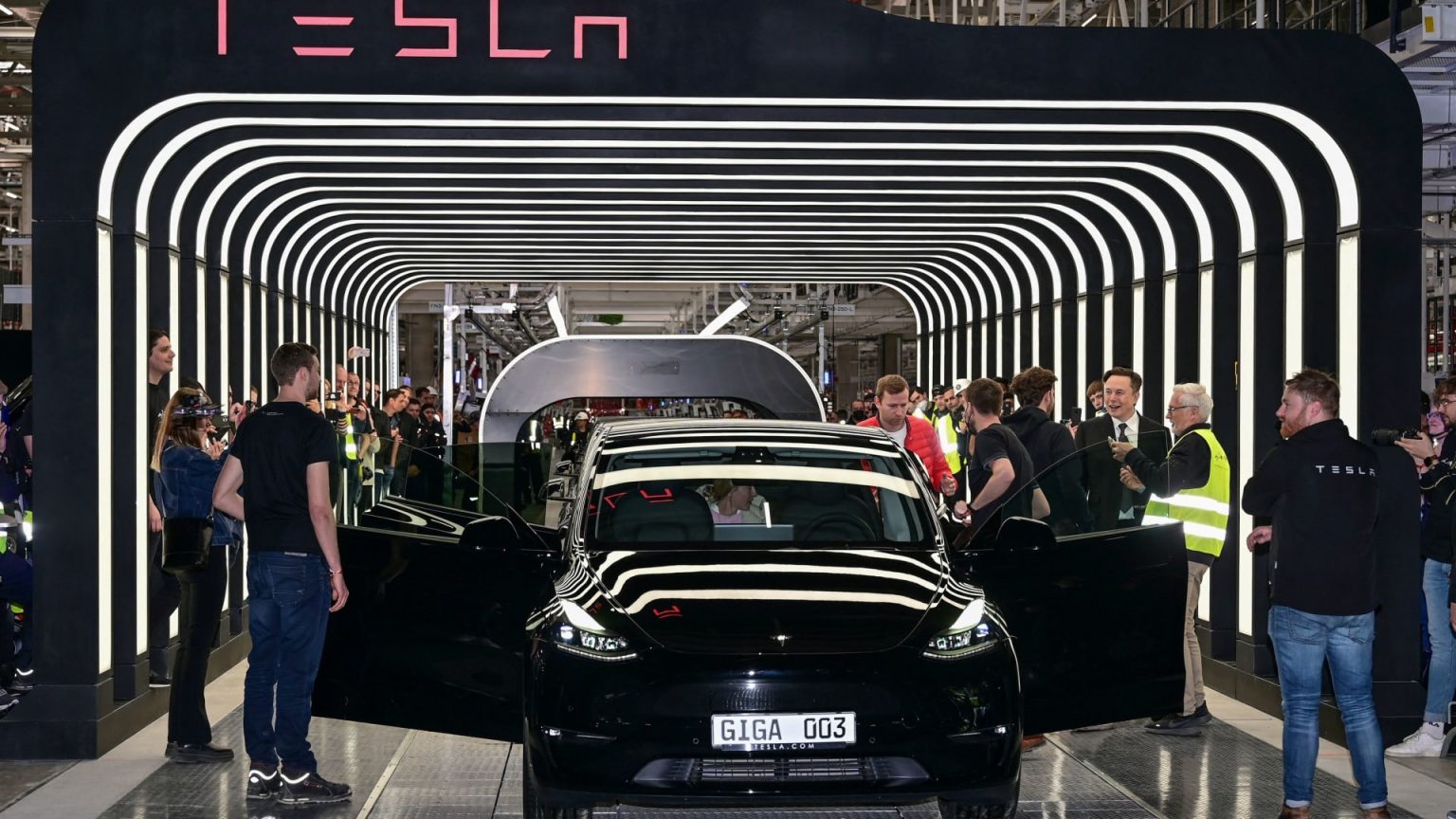Elon Musk, CEO of Tesla, has mandated that employees in North America install and activate the latest version of the company’s premium driver assistance system, known as Full Self-Driving (FSD), and demonstrate its capabilities to customers before handing over their vehicles. This requirement comes in response to the perception that many customers do not fully understand the capabilities of FSD. While all Tesla vehicles come with a standard driver assistance system called Autopilot, the FSD option is available for an additional $199 per month for most customers in North America. It is important to note that Tesla’s FSD system does not make vehicles fully autonomous, and drivers are instructed to remain attentive and ready to take control of the vehicle at all times.
Customers who opt for FSD also have access to the FSD Beta system, which allows them to test and provide feedback on new driver assistance features while driving on public roads. In response to pressure from the National Highway Traffic Safety Administration, Tesla has implemented voluntary recalls to enhance the safety of its Autopilot, FSD, and FSD Beta systems in recent years. The company has been working to improve the functionality and reliability of these systems to ensure a safer driving experience for customers. It is important for drivers to be aware of the limitations of FSD and to follow the guidelines provided in the Tesla owners’ manuals to ensure safe operation of the vehicle.
To meet delivery targets for the first quarter, Tesla is asking both salaried and hourly employees to sign up for additional shifts to help with vehicle deliveries. Salaried employees do not receive extra pay for working delivery shifts, while hourly employees are eligible for additional compensation by billing their hours to a sales and delivery cost center. This effort is part of Tesla’s strategy to avoid a decline in year-over-year deliveries for the first quarter. Independent analyst “Troy Teslike” predicts that Tesla may report 407,000 deliveries for the quarter, which would represent a decrease from the previous year. The company is making a concerted effort to move, prepare, and deliver vehicles to customers in a timely manner to maintain its sales momentum.
Despite the pressure to meet delivery targets, Tesla’s shares have declined by approximately 30% year-to-date, closing at $172.63 on Monday. The company’s stock performance reflects concerns about its ability to scale production, meet demand, and demonstrate sustained profitability. As Tesla continues to innovate and expand its product offerings, it faces challenges in navigating market fluctuations, regulatory requirements, and competition in the electric vehicle industry. The company’s commitment to delivering high-quality vehicles with advanced driver assistance features like FSD is a key part of its strategy to differentiate itself in the market and maintain customer loyalty. By leveraging technological advancements and enhancing safety features, Tesla aims to set new standards for the automotive industry and drive sustainable growth in the years to come.


